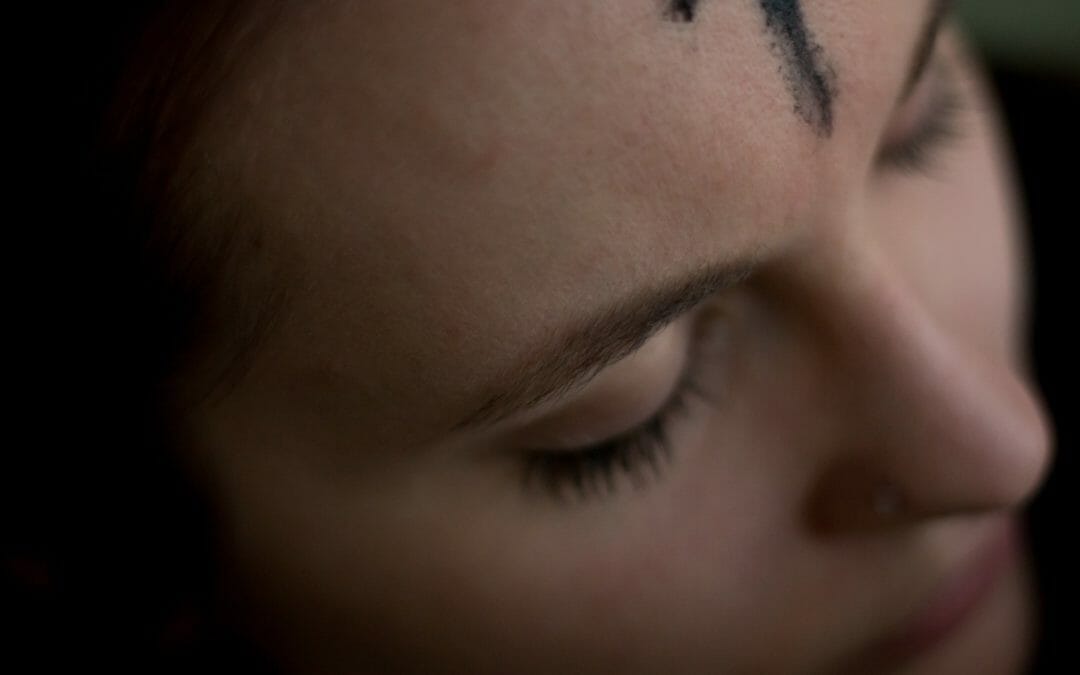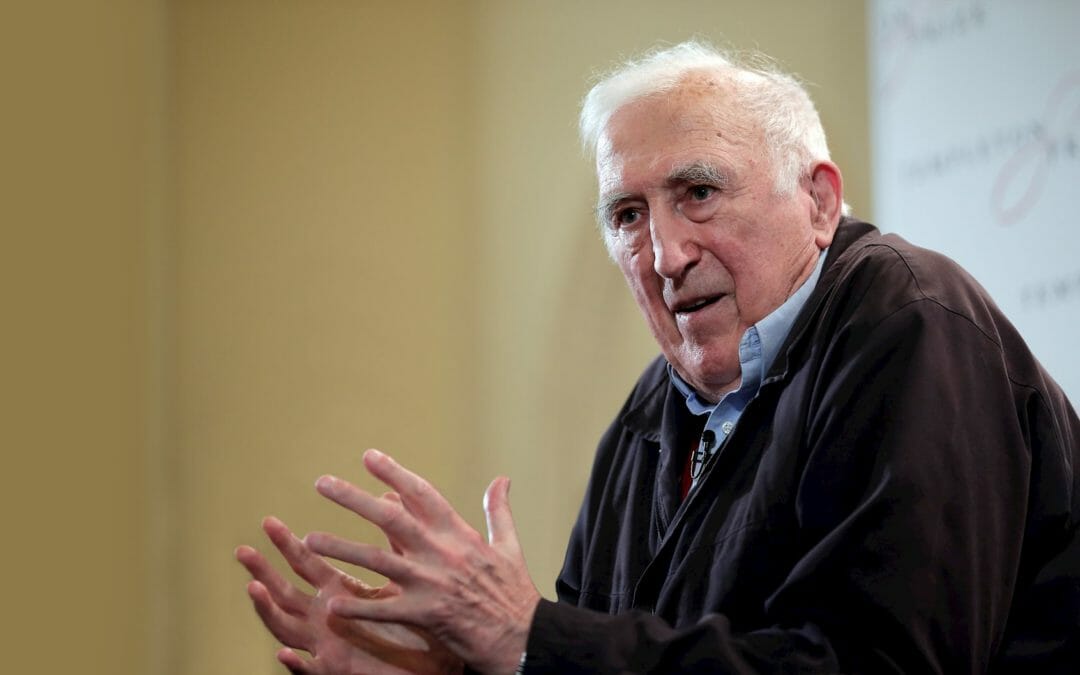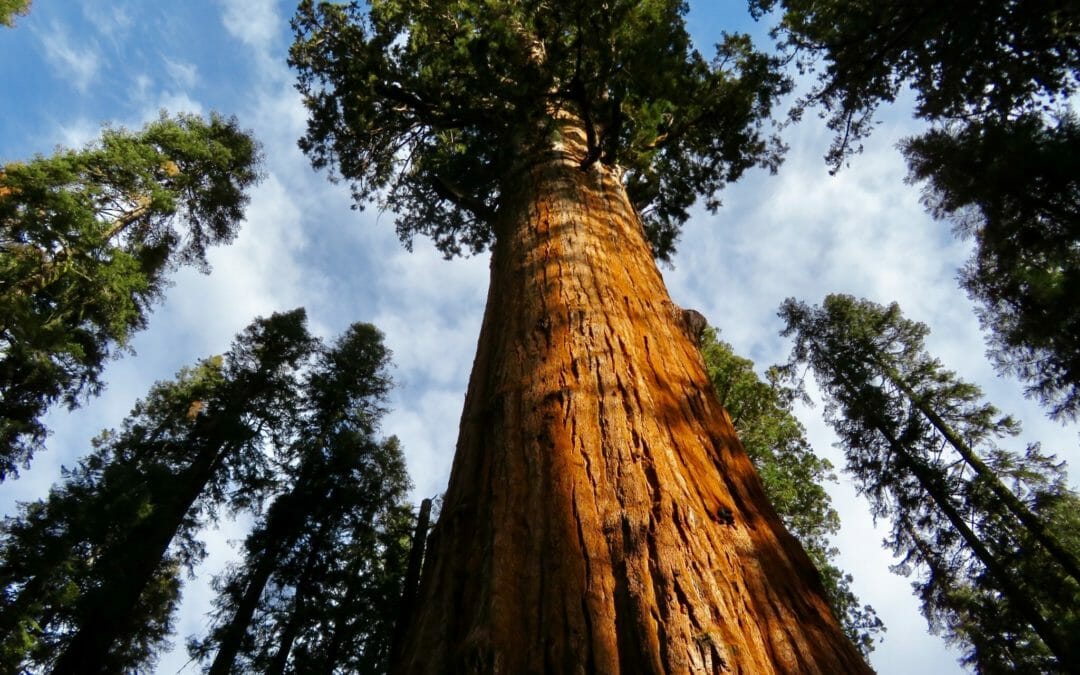
Hand washing, hoarding and the healing of Naaman
Healing and wholeness are found in washing in the muddy rivers of our own lives. They are found in everyday practices that align our resources with God’s values.

Healing and wholeness are found in washing in the muddy rivers of our own lives. They are found in everyday practices that align our resources with God’s values.

As we enter the season of Lent, imagine with me that we might actually live Lent in our very bodies, and not just think about it.

If Jean Vanier did not recognize the connection between his own wounds/sins and what he did and taught, that is yet more evidence of the far too human capacity for self-deception. If he did, then the tragedy is that he did not come clean, be open, repent, ask for forgiveness, and look for his own healing more honestly. Vanier has left that responsibility to his greatest contribution and legacy, the L’Arche community. The tragic irony is that in their commitment to the soul of L’Arche, they knew they had to be perfectly honest and transparent about the brokenness of their beloved leader and the mentor to so many of us.

Instead of fighting over the last roll of paper towels or loaf of bread, we are probably better served checking in with our neighbors, doing what we can not to spread the virus to others—living out an ethic of care.

Traditionally, the Lenten season requires “giving up” and “letting go” of something in order to replace it with that which is far more enriching, edifying, and inspirational.

In the middle of anxiety-producing breaking news, big trees remind us there’s a longer time frame than our day-to-day life. Ancient trees have survived it all.